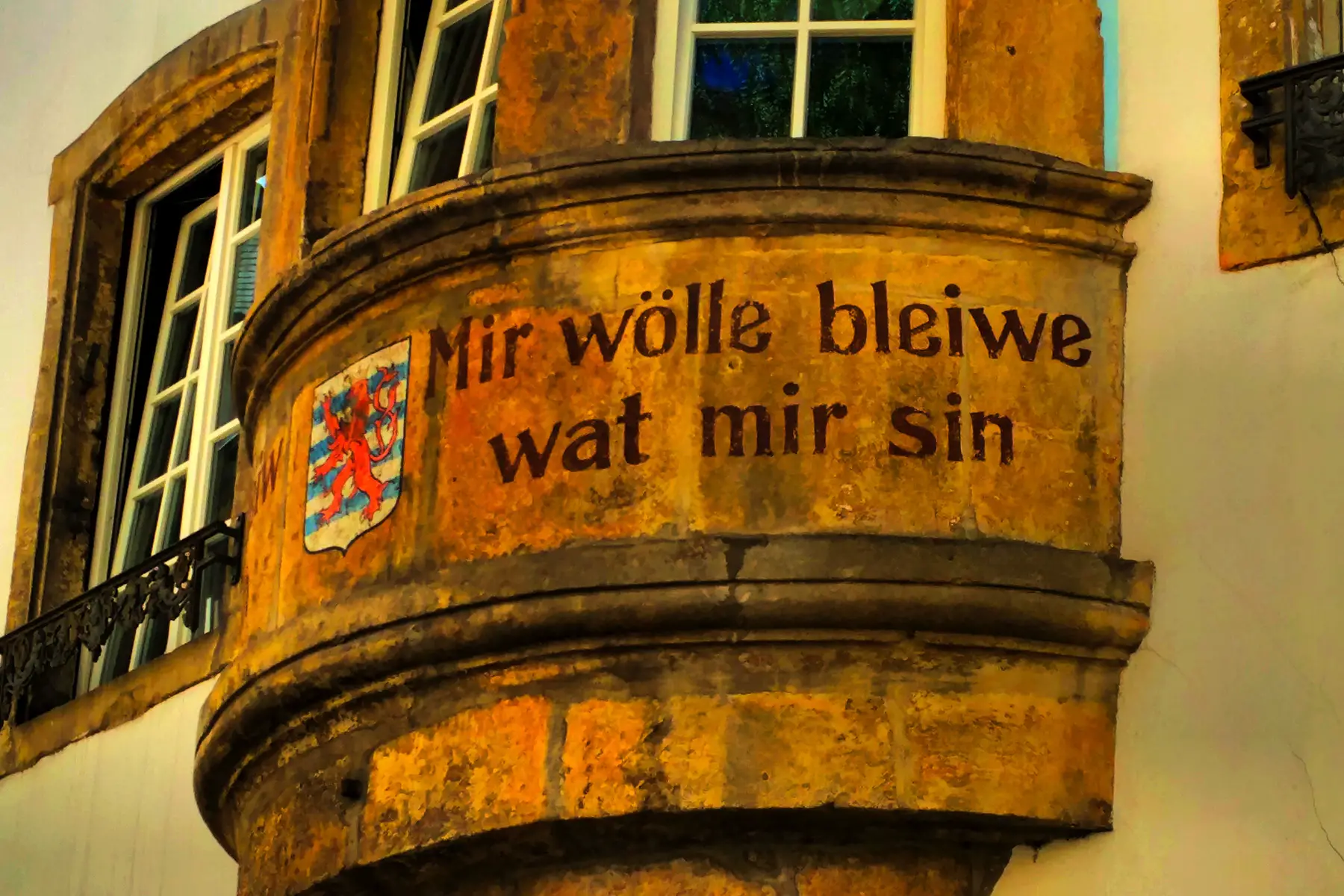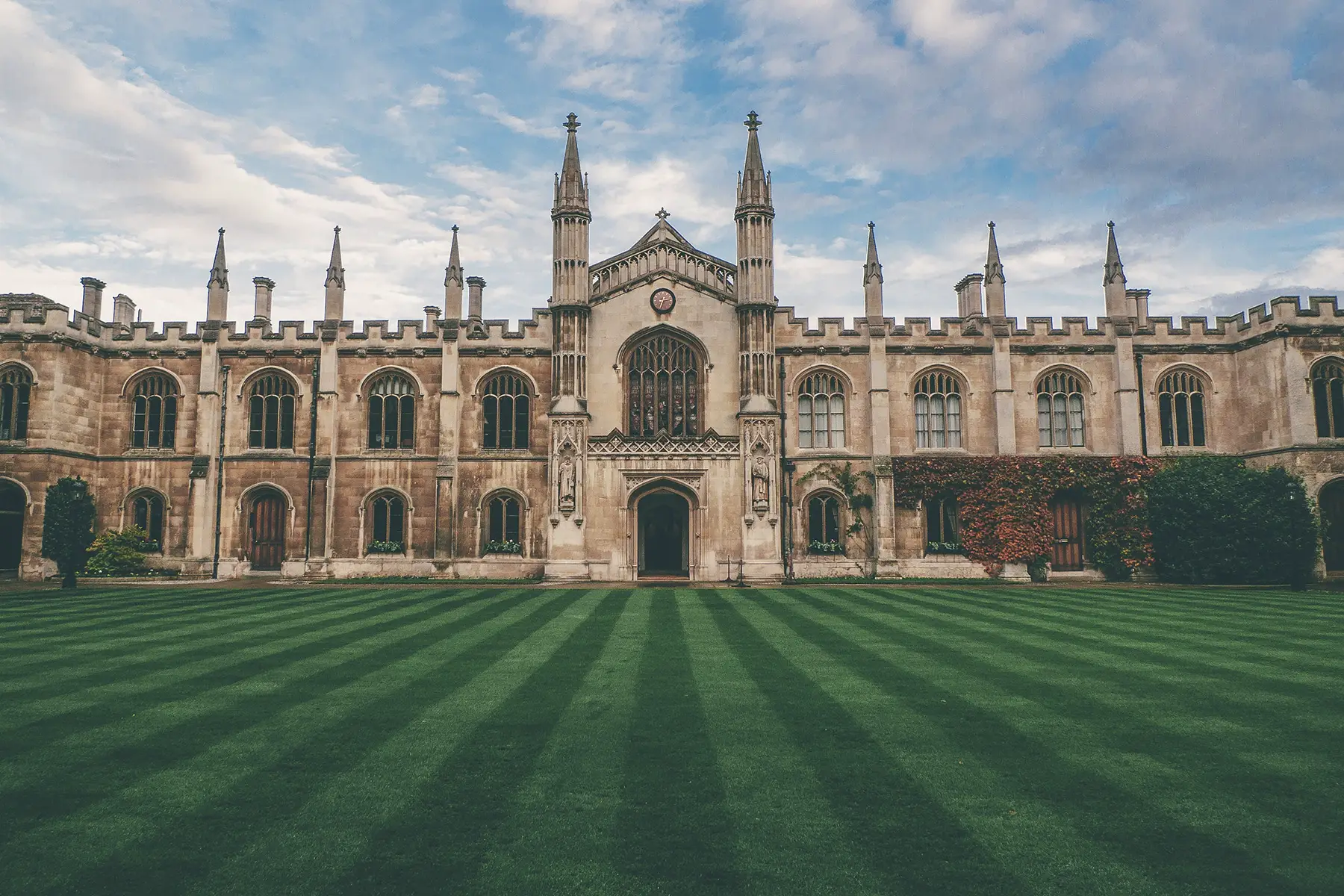When thinking about studying abroad, Luxembourg might not be the first place that occurs to you. Tertiary education in the country is still in its infancy, but there are many reasons to choose it for your degree. For a start, its main university ranks highly in international rankings. Furthermore, if you study in Luxembourg, you’ll find yourself part of a large international academic community.
If the idea of going to university in Luxembourg appeals, read on to find out about the following topics:
Sirelo
It's no secret that moving abroad can be stressful. Sirelo's team of removal advisers is here to help. They provide five free quotes from international shipping companies so you can find the best options at the best prices. Take the stress out of your relocation to Luxembourg with Sirelo.
Higher education in Luxembourg
Higher education is relatively new to Luxembourg. In fact, the research-focused University of Luxembourg was only established in 2003. Despite its recent foundation, the university ranks among the top 250 higher education institutes in the world and 25th in the 2023 Young University Rankings.
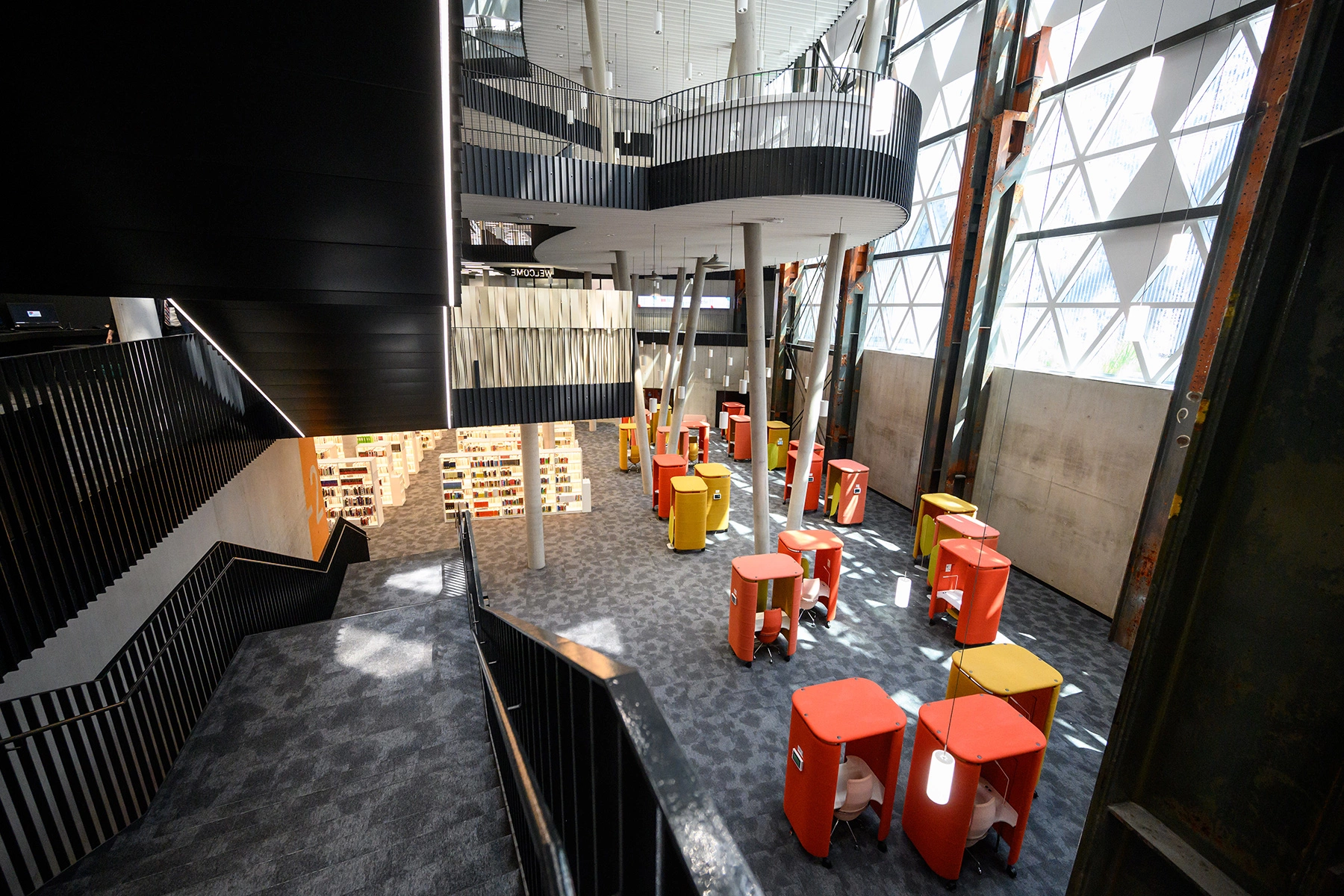
International students will be pleased to know that they won’t be alone. Around 51% of the 6,000 full-time students at the University of Luxembourg are internationals. As this university finds itself in a small country surrounded by other European nations, different languages play a huge role. Most courses involve some combination of English, French, and German. Additionally, some require students to take classes in neighboring countries.
In addition, several other foreign institutions that have accreditation to award national degrees, including:
- LUNEX University (International University of Health, Exercise and Sports)
- Luxembourg School of Business
- Royal College of Academics
- European Business University of Luxembourg
Degree programs in Luxembourg
In Luxembourg, like most other countries, you can study for degrees at bachelor’s, master’s, and PhD level.
If you choose to study at the University of Luxembourg, you’ll find courses at various levels across the following faculties:
- Science, Technology and Medicine
- Law, Economics and Finance
- Humanities, Education and Social Sciences
Undergraduate degree programs
There are plenty of options if you want to study for a bachelor’s degree in Luxembourg. For example, the University of Luxembourg offers numerous undergraduate degree programs across its three campuses.
It is also possible to take different types of bachelor’s degree programs at Luxembourg’s other universities. For example, LUNEX offers bachelor’s in physiotherapy, sports, and exercise science, and nutrition, fitness and health. Meanwhile, the European Business University of Luxembourg teaches an Executive Bachelor’s of Business Administration (EBBA) and a dual BBA and MBA (PDF).
Generally, students who study in Luxembourg take three years to complete a bachelor’s degree program in full-time study.
Postgraduate programs
As in most countries, universities in Luxembourg offer a range of postgraduate programs, including master’s and PhDs.
Most master’s programs require two years of full-time education or four years of part-time. Additionally, most students need a bachelor’s degree in a related field to gain admission into a master’s program. Depending on the subject, you might also need to demonstrate proficiency in English, French, or German.
The University of Luxembourg offers plenty of master’s degrees in English across its three faculties. In addition, students at LUNEX can take master’s programs in physiotherapy and sport management.
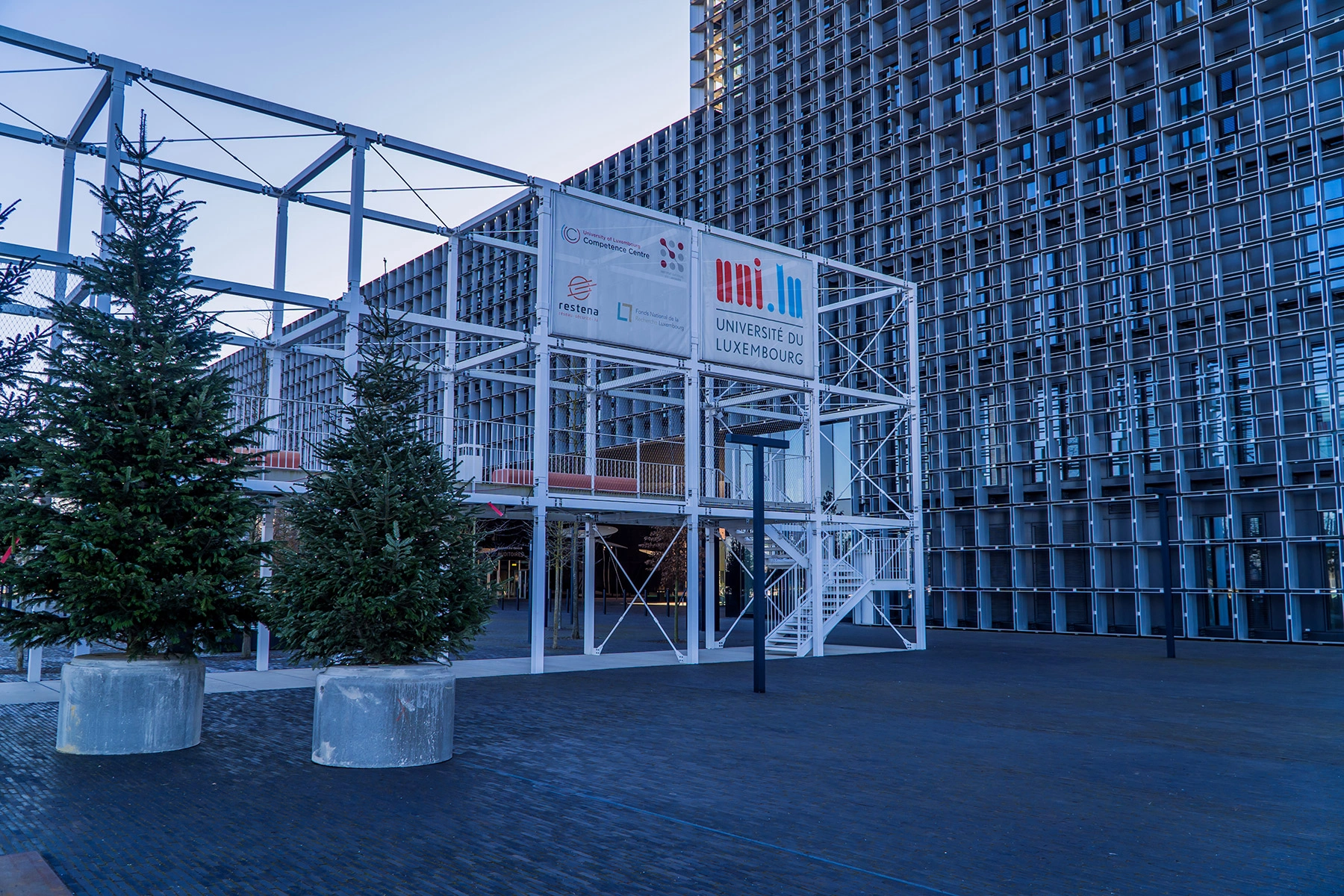
Doctoral programs, meanwhile, usually focus on a combination of coursework and research and require three or four years of full-time work. You will usually need a master’s in a related discipline to gain admission to a doctoral program. At the University of Luxembourg, there are four schools for pHDs:
- Science and Engineering
- Humanities and Social Sciences
- Law
- Economics, Finance and Management
Other Luxembourgish study programs
In addition to the above degree programs, you can also study vocational education and training at the tertiary level in Luxembourg. Technically, there are two main pathways: the Higher Technician Program and the professional bachelor’s.
The Higher Technician Program (Brevet de Technicien Supérieur) is a two-year course that allows students to pursue a qualification in subjects such as health, commerce, applied arts, and industry. To get into these programs, students must have a standard or technical school leaver’s diploma (diplôme de fin d’études secondaires classique or dipôme de fin d’études secondaires générales), or a technician’s diploma (diplôme de technician).
The professional bachelor’s program requires the same diplomas as the Higher Technician Program. It lasts about six semesters, including a required semester abroad. They differ from the standard bachelor’s, as they combine academic classes, technical education, and an internship.
Luxembourg university qualifications
All bachelor’s and master’s degrees at the University of Luxembourg follow the Bologna Process, like most universities across Europe. Students accrue points under the European Credit Transfer and Accumulation System (ECTS).
The usual degree program requires:
- 180 ECTS for a three-year bachelor’s degree
- 240 ECTS for a four-year bachelor’s degree
- 60 ECTS for a one-year master’s degree
- 120 ECTS for a two-year master’s degree
These credits can also be used to transfer or apply for another degree program at a foreign university. For example, in the US, 2 ECTS credits equate to 1 US semester credit.
General requirements to study in Luxembourg
If you have a Luxembourgish high school diploma, you will generally qualify for entry to a bachelor’s program. However, if you finished high school elsewhere, you will need the Ministry of Education to recognize your qualifications officially.
Students who want to study in Luxembourg’s universities must meet certain criteria. There are slightly different requirements for bachelor’s and postdoctoral studies. However, all internationals must prove they have the necessary language skills and qualifications for the course they want to pursue. Some third-country nationals may need a visa.
Visa requirements
To study in Luxembourg, you must be able to live in the country legally. Any international students who are citizens of EU member states, or countries like Iceland or Switzerland, can simply move to Luxembourg to begin their studies. However, students from third countries – including Australia, China, India, the United Kingdom, and the United States – must apply for a student visa.
To qualify for a visa to study in Luxembourg, you must have the following:
- Full-time enrolment in a Luxembourgish university
- A valid passport
- Schengen visa (if necessary)
To start the procedure, you must apply at the Luxembourgish embassy or consulate in your home country for temporary authorization to stay in Luxembourg. This application should include:
- Your full name and address
- A copy of your passport
- A copy of your Schengen visa (if applicable)
- Your criminal record/police clearance from your current country of residence
- Proof of enrolment at a Luxembourgish university
- Evidence of funds to cover expenses and travel costs
- Health insurance
How do I get a residence permit as an international student?
Students who require a residence permit must carry out several steps. First, they must register in their commune. Next, they must apply for their permit, undergo a medical check-up, and provide biometric data.
After receiving authorization to stay in Luxembourg temporarily, you may travel to the country. You must then declare your arrival within three days. You can do this at the administration of your local commune of residence. For this process, you will also need your passport, the temporary authorization to stay, and proof of address.

You will now be able to make a formal application for your residence permit. You should apply to the Immigration Directorate within three months of arriving in Luxembourg. For this, you will need:
- A copy of your passport
- Proof of enrolment in a Luxembourgish university
- The declaration of arrival in your local commune
- Proof of payment for the permit
You will also need a medical check-up and tuberculosis screening by a local doctor. The doctor will then send the results to the Immigration Directorate so that they can process your application for a residence permit.
When the Immigration Directorate approves your application, you must make an appointment to get your biometrics taken (photograph and fingerprints). You will receive your residence permit after a few days.
Language requirements
Because Luxembourg is such a multilingual country, its universities use the country’s official languages in their programs. When applying, students must demonstrate proficiency in the language(s) their course is in.
For example, the University of Luxembourg’s Bachelor’s in Mathematics is in French and English, so students must be proficient in both languages. Furthermore, all the bachelor’s programs in engineering are also in German, so students must understand all three languages.
To prove their linguistic abilities, students must meet the requirements outlined in the Common European Framework of Reference for Language (CEFR). Most expat students must submit language test certificates to prove their skills. Below are some of the tests that are acceptable for study in Luxembourg:
- TOEEFL (English)
- IELTS (English)
- DELF (French)
- TCF (French)
- Goethe-Zertifikat (German)
- TestDaF (German)
Qualification requirements
All students who want to study in Luxembourg must have a Luxembourgish secondary school diploma or foreign equivalent high-school leaver’s certificate. Those from outside the EU cannot apply for universities in the country until they have received their high school diploma. Students applying for postdoctoral studies need a bachelor’s (or master’s) degree, usually in a related field.
How do I get my overseas qualifications recognized?
Students with high school diplomas from outside Luxembourg must submit their documents to the Ministry of Education for a certification of equivalence. This applies to certificates from within the EU and other countries. Similarly, students applying for master’s or PhD programs must apply for local recognition of their degrees if they are from a university outside the EU.
How much does it cost to study in Luxembourg?
If you’re thinking about studying in Luxembourg, costs are a significant factor. Generally, tuition fees differ depending on the program and the university. Courses at the country’s public university are cheaper than at private ones.

Most courses at the University of Luxembourg cost €200-€400 per semester. This applies whether you take a bachelor’s or postgraduate degree. However, certain programs are more expensive. For example, the Master in Entrepreneurship and Innovation costs €5,000 for the first year and €3,000 for the second.
However, private institutions are significantly more expensive. For example, students in the Master in Management program at the Luxembourg School of Business can expect to pay €11,000–€12,000/year. Similarly, the Master of Sports Management program at LUNEX is €9,000 for the first year and €9,180 for the second.
In addition to course fees, students have other costs to factor into their studies in Luxembourg. Below are some of the other expenses students at the University of Luxembourg may encounter:
- University registration fee: €200–€400/semester
- Textbooks and study materials: €400/year
- Housing in university dorms: €450/month
Study grants and funding available
Financial assistance for studying in Luxembourg includes state grants, scholarships, and university-specific support.
The Luxembourgish government offers subsidies to Luxembourgish nationals and some EU and third-country nationals. AideFi, state financial aid, consists of grants paid twice a year. The amount depends on:
- The student’s household income
- Nationality
- How many children in the student’s household are pursuing higher education
- Tuition fees
In addition, foreign grants are available for students of Luxembourgish universities who wish to study overseas for a period. For example, the Fulbright scholarship is available if you want to spend time studying in the US, while France offers the France Excellence Europe for master’s degrees at French universities. There are also many private scholarships available.
Meanwhile, students at the University of Luxembourg can receive assistance for living costs. These include:
- Student Hardship Fund – emergency help for students who cannot meet their basic needs
- Food Voucher Scheme – for students who need help with food costs
- Student Access to Tech Scheme – helps students acquire a laptop for study

In each case, you will usually have to fill out an application form and provide supporting documents, such as proof of financial status and enrolment at the university.
Some local banks also offer student loans, including BGL BNP Paribas and Banque Internationale à Luxembourg.
How to apply to study in Luxembourg
Any student who graduates from a high school in Luxembourg and has a valid resident permit can apply for a bachelor’s degree at the University of Luxembourg. However, it can be a little more complicated for other prospective students.
If you graduated high school outside Luxembourg, you must gather your documents to show that the Ministry of Education recognizes your qualification. You’ll also need evidence that you meet the language proficiency requirements for the courses you want to take. Once you have these, you can begin the application process. You must:
- Choose up to three potential degree programs for consideration
- Complete the application form online
- Pay the application fee of €50
- Create a temporary university account once you have received an acknowledgment email
- Upload all the necessary supporting documents
- Submit the application
The application will then go through the Service des Études et de la Vie Étudiante (SEVE). The system will check that your application is complete and you meet all the requirements. It will either reject your application, request missing documents, or forward your application to the faculty for evaluation. After assessment, the system will let you know whether you have been accepted, placed on the waitlist, or rejected.
The same process and requirements apply to students applying for a master’s program. However, you must also submit proof of your bachelor’s degree and register it with the Register of Educational Qualifications. You’ll also need a Luxembourgish residence permit.
What’s student life like in Luxembourg?
Those who study in Luxembourg can anticipate a balanced student life. While you might spend time in classes and studying, you will also get to enjoy everything Luxembourg has to offer, including restaurants, concerts, museums, and sports.
Generally, programs consist of lectures and smaller classes or seminars. Therefore, you might spend 10–15 hours on campus and study and prepare coursework outside of class.
As with most universities, students in Luxembourg can access a rich roster of cultural and sporting events. For example, the University of Luxembourg offers sports such as Latin dance, Jujitsu, and yoga, and creative classes like improvised theater, painting, and photography.
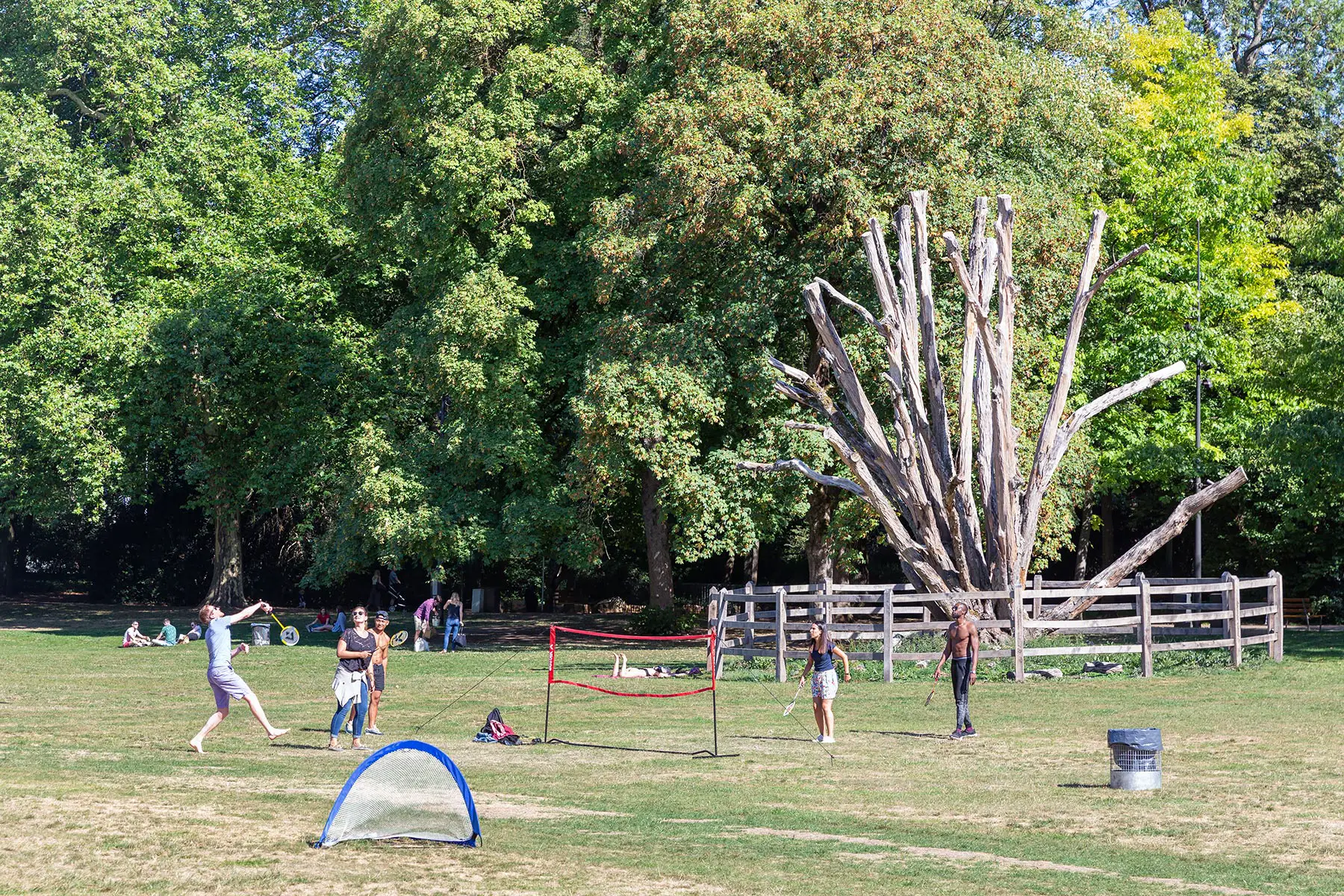
Similarly, Lunex has several sports teams, including cheerleading, football, rugby, and volleyball. In addition, the universities’ student unions work with local restaurants so that students can use their university IDs to access discounted meals and drinks.
Student accommodation options
Full-time and exchange students at the University of Luxembourg can access university accommodation. However, these residence halls are in high demand, so the university cannot guarantee you a place.
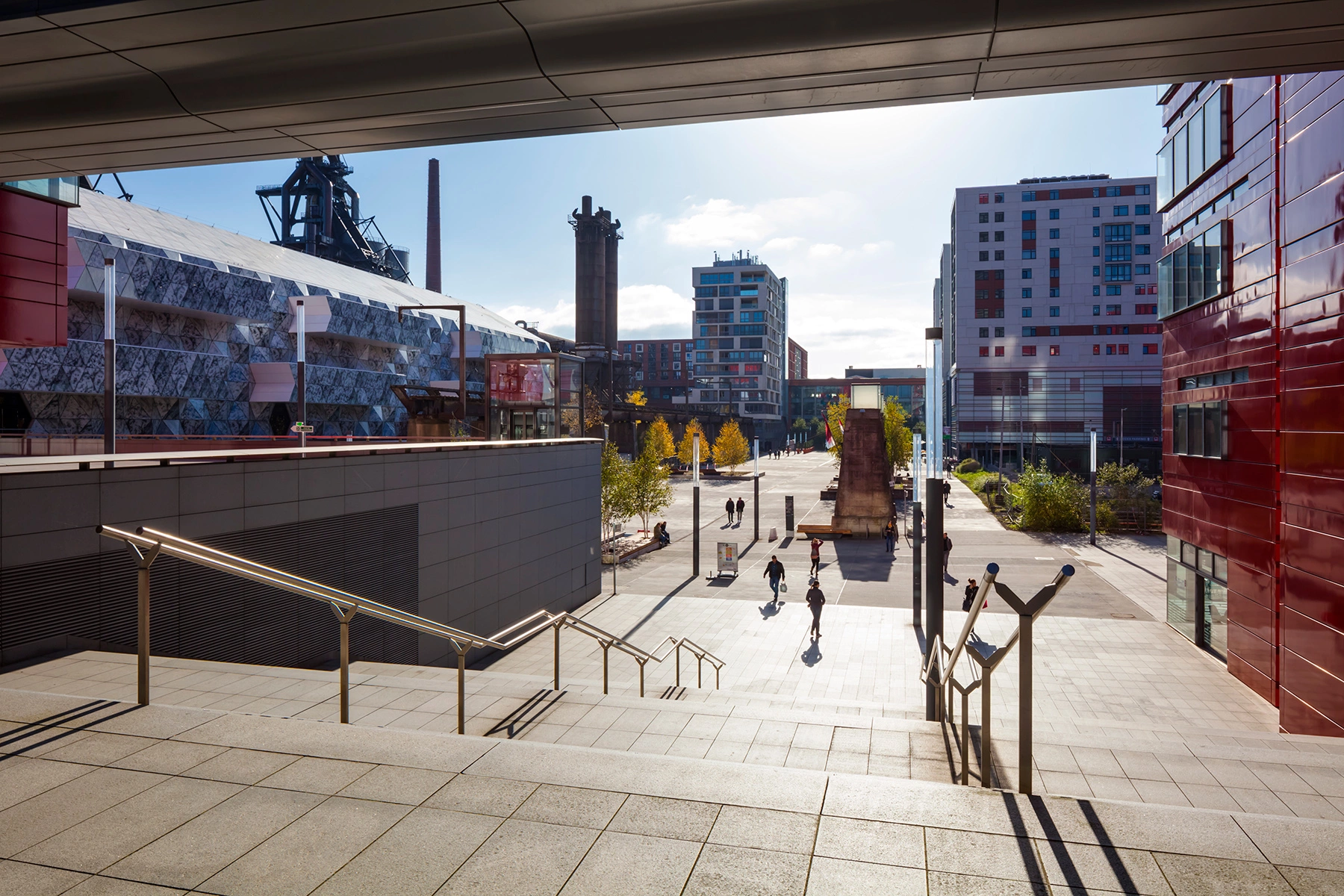
There are 32 residence halls across the country, including Luxembourg City, Belvaux, and Esch-sur-Alzette. The options include single rooms, studio apartments, and two-room apartments for couples.
Students must apply for university housing online within 10 weeks of their desired move-in date. While you can choose the type of accommodation you want, you may not select a specific hall. The university allocates your residence, taking your degree program into account. If you get a place in university halls, you have 10 days to confirm your reservation by paying a two-month security deposit and the first month’s rent.
Most of the smaller universities in Luxembourg, including LUNEX, do not offer accommodation. However, they can advise students on finding an appropriate place to live.
As a result, many students in Luxembourg opt to rent private flats or houses, alone or with others. In some cases, international students can also stay with a host family while in Luxembourg.
Can I work while studying in Luxembourg?
Expats in Luxembourg on a student visa can work under certain conditions. During term time, you can work an average of 15 hours per week over a one-month period. However, this time restriction does not apply during the school holidays. You do not need further permission to work – you can simply show your student resident permit. However, your employer must notify the Immigration Directorate in writing.
How to volunteer in Luxembourg while studying
There are numerous non-profit organizations in Luxembourg, many of which rely on volunteers. Students might find these opportunities useful for gaining skills to boost their employability when looking for work. They could explore roles at the following organizations:
- Asile – animal shelter
- Deierenasyl – animal shelter
- Easy Volunteer – Facebook page that lists short-term volunteer opportunities that are especially well-suited to students
- Luxembourg Red Cross
- RYSE – volunteer mentorship program for young refugees
- Serve the City – Luxembourg City-based group that encourages social connections through activities
Healthcare for international students in Luxembourg
All international students who study in Luxembourg must have health insurance of some sort. Those moving to Luxembourg on a student visa will need to submit proof of foreign health insurance coverage to get their temporary authorization to stay and residence permit.
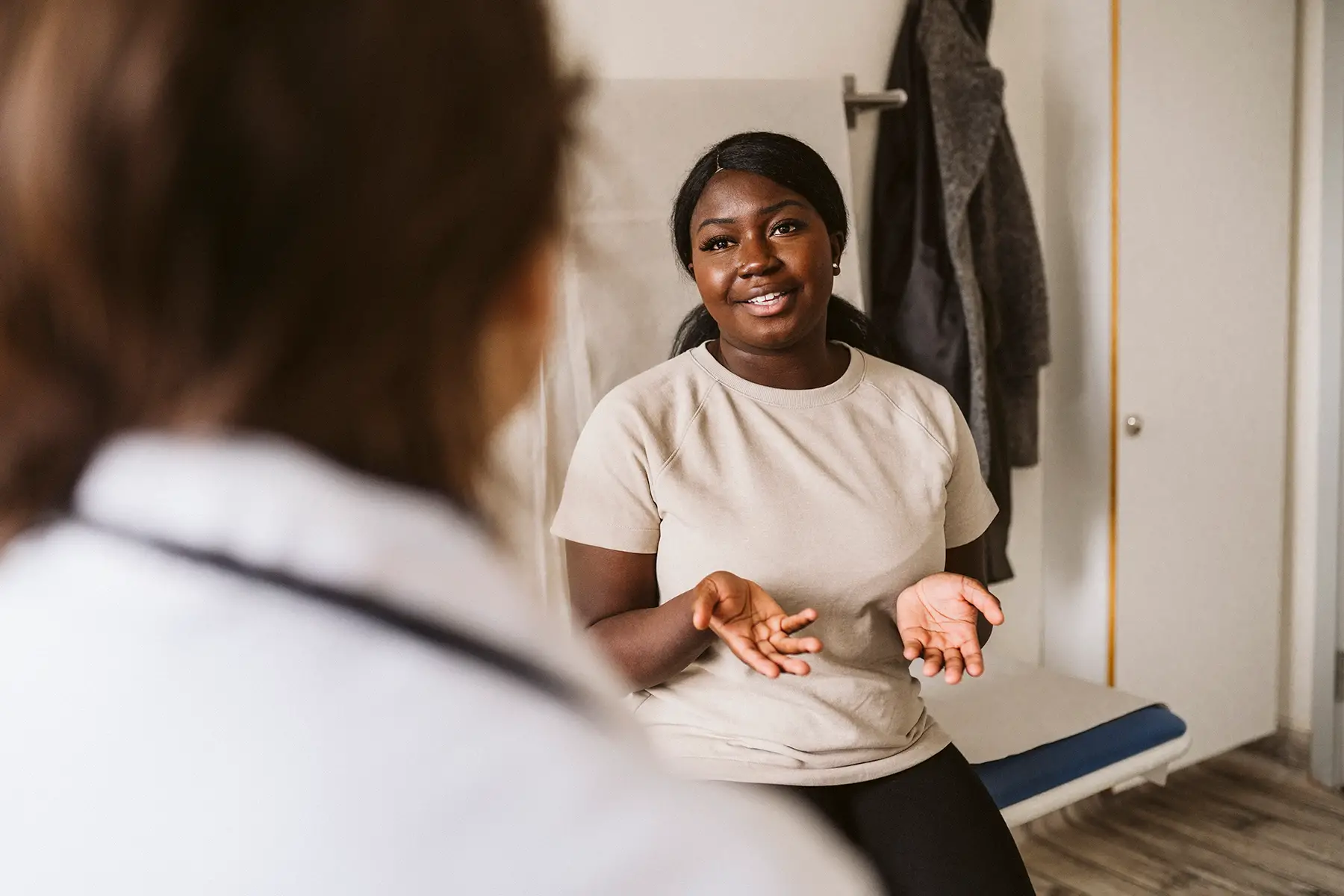
In addition, the University of Luxembourg requires all students to have health insurance. Students from EU member states can use their European Health Insurance Card (EHIC). However, those from third countries can get an EHIC through the university when they pay their registration fee.
With this, students can access Luxembourg’s free, high-quality public healthcare system. They can then access a wealth of services, including emergency rooms, doctors, dentists, mental health services, and more.
Study exchange programs
Many students who study in Luxembourg embark on exchange programs in other countries during their courses. This is because exchange programs are compulsory for bachelor’s degree students at the University of Luxembourg.
As such, students have three options for studying abroad.
Erasmus+
The European Union sponsors the Erasmus+ program, which allows students to study at a partner European university for one semester. There are numerous destination options at universities across Europe, including Leipzig (Germany), Sorbonne (France), Bologna (Italy), and Sheffield (UK). The Outgoing Mobility Office at the University of Luxembourg will help you apply directly to the institution you want to study abroad at.
Free Mover
The Free Mover option allows students studying in Luxembourg to complete a semester abroad at a non-partner institution anywhere in the world. In this program, it is up to the student to contact potential host institutions to find out about possibilities for exchange programs. Then, with the support of the Outgoing Mobility Office, they complete the host university’s application process.
Global Exchange
The Global Exchange program gives students the chance to study at one of 40 partner institutions across the world. These include:
- Chulalongkorn University (Thailand)
- Curtain University (Australia)
- Kyoto University (Japan).
- Miami University (USA)
- Nanyang Technological University (Singapore)
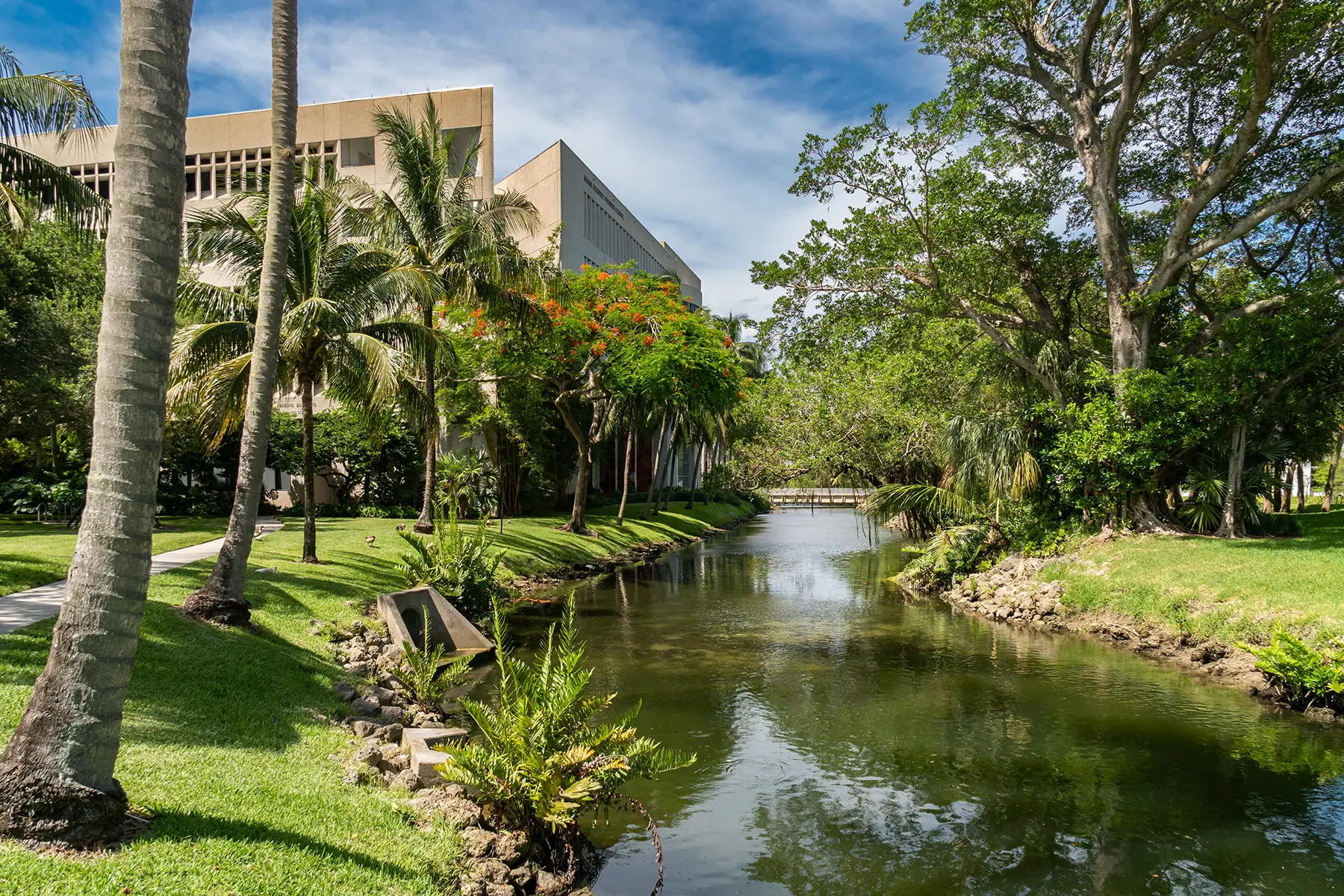
Students on this program only pay their usual course fees at the University of Luxembourg. They should apply in October or November of the year prior to going abroad. To qualify, students must have completed at least two semesters of a bachelor’s or master’s program, have a minimum average of 12/20, and have some proficiency in the language of the host institution.
Career prospects after graduation
Many students consider staying in Luxembourg after they graduate. There are many options for working in the country. For example, it may be possible to find a job in the automotive, cleantech, finance, or ICT industries.
Most universities in the country have career centers for students looking for work. For example, the University of Luxembourg’s career center can help polish your cover letter, resume, and interview skills. They can also put you in touch with potential employers and advise on career options. Furthermore, they have a job board for students that can help you find entry-level or graduate jobs.
Remember, you’ll need the right visa to live and work in Luxembourg after your studies. There is a special visa for students who want to look for a job or set up a business after finishing a bachelor’s degree. You must apply for this at least 30 days before your existing student visa expires.
Useful resources
- BTS.lu – information about tertiary technical degrees
- LUNEX University
- Luxembourg School of Business
- Royal College of Academics
- Uni.lu – website for the University of Luxembourg
- Government of Luxembourg – Conditions for residence in Luxembourg for students of third countries




